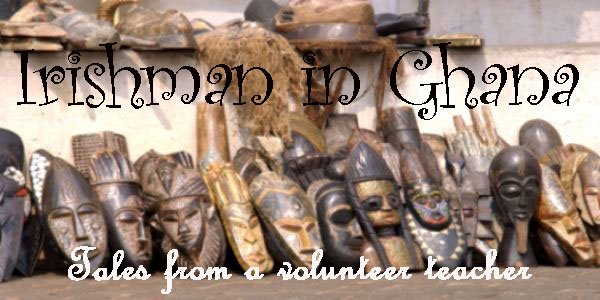 The female anopheles mosquito
The female anopheles mosquito"To kindness and to knowledge we make promises only. Pain we obey".
So said the French philosopher Marcel Proust, and so it is when malaria comes knocking on your body's entrance gates. You bow to its every command. From the onset of fever, breaking out in cold sweats not knowing whether you are in Iceland or the Sahara, to the nausea and wrenching of vomit from the deepest caverns within. You take out your thermometer and place in your armpit - 37....38.....39....... 39.4 degrees celsius. Well, you may not be in the Sahara, but you are definitely in the Sahel region. An icy shower brings 5 minutes of relief. You pop a few paracetemol to bring the temperature down, but you've got a little more sweating to do before they'll kick into action.
The aches of your joints and muscles bring back memories of a day after a brutal session of physical exercise after being idle for years. Sometimes it feels like a professional rugby player has just used you as a prop for scrum practice. Other times like Oscar De La Hoya has used you as punchbag. Either way, this tiny protozoan has completely and utterly knocked you out.
Unable to move a limb without trojan effort, the fact that you have just lifted a spoon of yoghurt to your mouth successfully seems like no mean feat. Your throat is stale, dry and sore from your futile and silly attempts to make yourself puke.
Despite knowing that your appetite is as dead as the dodo and having not consumed a morsel of food in 24 hours that has not already being jettisoned down the toilet bowl, you just can't get your head around the fact that it feels like something needs to come out.
Is it the malaria parasite that is making you feel this crap, or is it the medication? Well, it's both and there ain't anything you can do about it but sit on your butt and wait it out.

Plasmodium Falciparum - the most common and deadly malarial parasite
You visit the toilet so often you consider whether you should bother ever leaving to go back to your bedroom. Sorry for elaborating here, but your ass, inevitably, begins to get very sore indeed and you begin to make all sorts of promises to Gods you don't even believe in, all in the hope that they may provide a remedy for your ailment. But alas, it's to no avail. Patience is called for in the endurance of any difficulty and the good news is that anti-malarial treatment is widely available and successful if the instructions are adhered to.
When the first feelings of normality begin to trickle back in to your wasted corporal self, sighs of relief the size of cumulonimbus clouds float aloft as you had begun to consider the possibility of having someone renovate the toilet so it can become you permament home. You had, afterall, spent most of your previous 4 days in there.
The boredom of being able to do nothing is set aside as you finally find energy to read and write again, to walk for that matter. Previously, you had been crawling quite a bit. You also see a noticeable difference in your loved one's appearance. They no longer frantically worried. You wonder whether they are going to dump you for being an incessant whine of late, but of course they don't. They're just happy to see you well again.
You have been in Ougadougou, the capital of Burkina Faso for the past 4/5 days. But because you have been so sick and weak neither city nor nation-state matters little
to you. All you have seen is your self swigging down litre after litre of water filled with rehydration salts and lying amazed at how seconds seem like hours, and hours days.
But now that you are better, you take your vengeance out on all anopheles mosquitoes that whizz by. They are many but not very fast so you register an impressive amount of kills in the first few hours. After some time though you begin to realise that you are most definitely going to be bitten again and all you can do is hope you escape lucky.
No amount of creams, nets, socks nor long trousers can deter some of these ambitious bloodsuckers that cause 1 million deaths a year, about 80% of the toll in Africa.



























 Don't worry, he's only breathing before he goes looking for his wife and kids
Don't worry, he's only breathing before he goes looking for his wife and kids
















